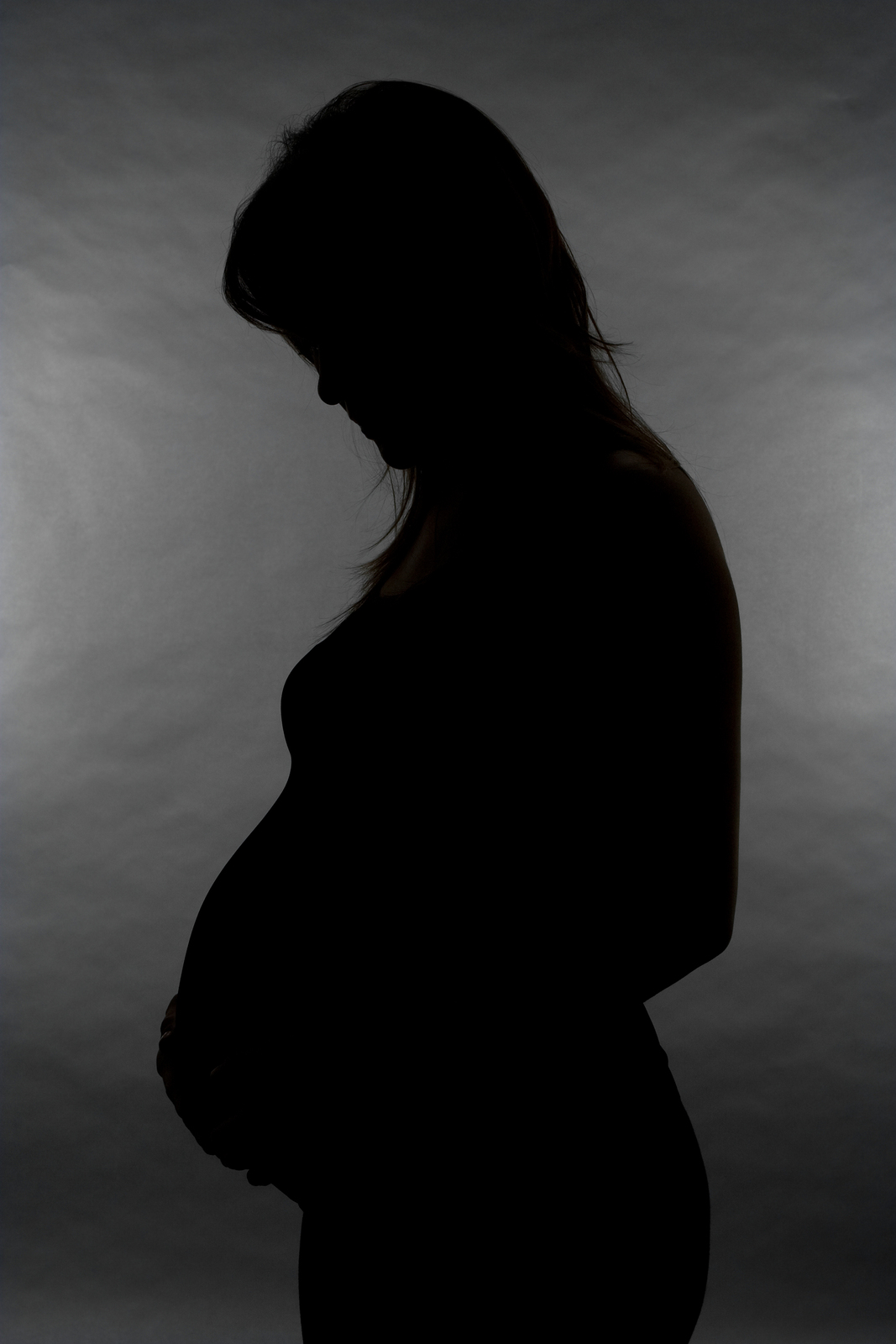Fetal alcohol syndrome (FAS) is a condition that develops inutero when a mother consumes alcohol while pregnant. Although the research on this practice continues to assert that there is no known safe amount of alcohol pregnant women should consume, many still engage in the practice.
Today, some doctors even brush off the seriousness of alcohol consumption during pregnancy, reasoning that a glass of wine to temper the nerves is more beneficial than dealing with anxiety. Of course, there are far safer and healthier ways of remedying anxiety than drinking alcohol. This practice constitutes self-medication — a behavior that many people who abuse drugs and alcohol engage in that leads them down a path of addiction.
Signs of FAS

The Centers for Disease Control and Prevention estimates there are 0.2-1.5 infants affected by fetal alcohol syndrome for every 1,000 live births in specific locations throughout America that report on this data. FAS is marked by developmental issues and deformities that occur during important stages of fetal development and affect the individual throughout life. The person may suffer from physical birth defects as well as intellectual and emotionally developmental issues too. Signs of FAS include:
- Growth retardation
- Small eyes
- Upper eyelids that appear to droop downward
- Cheeks that seem flattened in appearance
- Hyperactive behavior
- A thin upper lip
- Being mentally challenged
- A nose that is short in length and seems to turn upward at the end
Upon the recognition of the signs listed here, a child may be assessed for stunted growth within the first year of life; however, growth retardation is present at birth in many cases. There is little in the way of clinical testing that can be performed to assist in diagnosing FAS, but scans of the brain may be helpful in determining if there are malformations of structural abnormalities that are indicative of FAS. Any neurological issues that cannot be attributed to other causes are also noted.
Developmental delays and intellectual impairments are an important part of the diagnostic criteria. In their absence, FAS is not an appropriate diagnosis. Clinicians will also take note of adequacy or impairment with regard to behavior, temperament, attention span, motor skills, and executive functioning. Obviously, knowledge of alcohol consumption during pregnancy is a strong factor that can make or break a FAS diagnosis.
What Causes It?
FAS is caused by alcohol consumption during pregnancy. ABC News reports as many as one in 13 women drink alcohol during pregnancy. There is no known safe amount of alcohol for a woman to drink while expecting.
Addiction during Pregnant
In many cases, addiction stems from an underlying mental health disorder, and this is often true during pregnancy. Roughly 14-23 percent of pregnant women experience antenatal depression, per the American Congress of Obstetricians and Gynecologists. In fact, many women may turn to alcohol while pregnant to cope with mental health symptoms, or even just stress, because they feel alcohol is safer than other substances they could be abusing. This isn’t entirely true, but with doctors and peers promoting alcohol’s benefits at every turn, it’s easy to see why many women get the impression that it’s okay.
Substance abuse in any form can always potentially be damaging, but when a woman engages in it while pregnant, she isn’t just affecting her own health but that of a developing baby. When a woman drinks while pregnant, there is no way to know how much alcohol crosses the placenta and reaches the baby. In addition, women who are pregnant may actually consume more alcohol than they usually do since their weight is generally higher and their muscle-to-fat ratio changes. These factors largely impact how much alcohol is absorbed by the mother and how quickly she begins to feel intoxicated. In other words, warnings signs of intoxication – like feeling buzzed or lightheaded – may take longer and require more alcohol to appear while pregnant.
Another common concern is that alcohol isn’t the only substance being abused. The Substance Abuse and Mental Health Services Administration notes 276,212 admissions to treatment in 2013 that cited the abuse of alcohol with a secondary drug. Mothers who abuse alcohol while pregnant may be more likely to also abuse other drugs that can harm the developing baby.
Treating Mom and Baby
Repairing the damage that occurs when fetal alcohol syndrome develops often isn’t possible. Thus, it is critical that women abstain from all alcohol consumption while pregnant. Should FAS develop, the symptoms of it and certain side effects may be managed through early intervention programs and specific types of therapy. Nonetheless, it is a lifelong disorder. The American Journal of Medical Genetics reports the average lifetime cost involved with fetal alcohol syndrome is roughly $2 million.
Not only can drinking while pregnant harm the baby developmentally, but alcohol consumption while pregnant can even lead to fetal demise. The International Journal of Epidemiology reports there is a significantly higher risk of spontaneous abortion in the first 16 weeks of pregnancy when alcohol is consumed, and that risk appears to grow larger alongside an increase of alcohol consumption amounts.
Alcohol can also cause high blood pressure in the mother, which could lead to the need for a cesarean section when it’s time to deliver or early induction. Birth outcomes are generally much more positive when the mother is in good health, and this includes abstaining from all alcohol consumption.
Getting help now is the safest bet for both mother and baby. Treating addiction during pregnancy is possible, but certain measures will need to be taken during the withdrawal period to assure no harm comes to the baby and that the process isn’t too abrupt. Therapy and other aspects of treatment remain the same. Expectant mothers can turn their lives around with the support of medical professionals and peers who understand their struggles.
